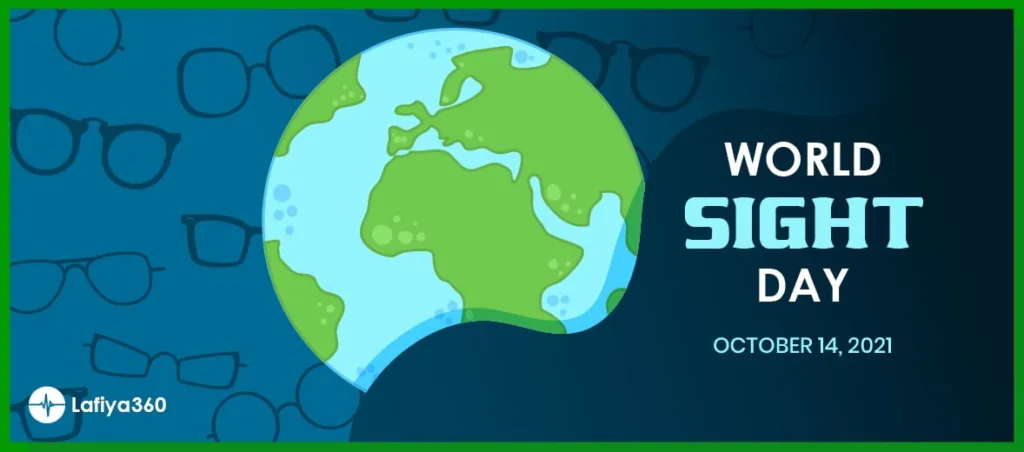Nigeria’s minister of health, Osagie Ehanire on Thursday, October 14, said that the major cause of blindness among Nigerians is the lack of awareness and inaccessibility to needed eyes services.
Speaking at an event to commemorate the 2021 World Sight Day (WSD) in Abuja, Ehanire said many Nigerians still seek unorthodox eye care which leads to disastrous treatment outcomes.
2021 World Sight Day
The WSD is an annual event marked on the second Thursday of October to create awareness on issues surrounding blindness.
The WSD seeks to spread awareness and focus attention on the global issue of avoidable blindness and visual impairment.
The theme of this year’s celebration is “Love your Eyes” and the slogan is “Save Your Sight”.
Achieving the SDGs
Represented by the permanent secretary of the ministry of health, Mamman Mahmuda, the minister said the vision is important in the socio-economic development of the people.
He said Nigeria alongside other member states at the United Nations General Assembly recently adopted the vision for everyone; accelerating action to achieve the sustainable development goals resolution.
According to him, the goal is aimed at committing the international community to eye health for the 1.1 billion people living with preventable sight loss by 2030.
The World Health Organization (WHO), had stated that more than 2.2 billion people – who represent a quarter of the world’s population – have a visual impairment, with four times as many people affected in low and middle-income countries.
The prevalence rate in Nigeria
Ehanire said Nigeria has a prevalence of 0.78 per cent for the blindness of which 84 per cent of these blinding diseases are avoidable.
Some of these diseases, he said, are caused by cataracts, glaucoma, refractive errors, uncorrected aphakia, harmful traditional eye practices, corneal opacities, and Neglected tropical diseases (NTDs), like trachoma and onchocerciasis.
The minister said the government’s initiative, Primary Eye Care (PEC) seeks to empower Nigerians to take responsibility for their eye health.
He said PEC, which is integrated, participatory and inclusive of the eye health components of primary health care consists of preventive, curative, and rehabilitative services.
“PEC, therefore, empowers the people to participate in taking responsibility for their eye health, preventing and treating conditions that may lead to visual loss, as well as rehabilitation of those who are already blind,” Ehanire said.
“We believe that the integration of PEC into PHC will potentially change the pattern of eye care services in Nigeria to a level where the nationwide blindness prevention efforts would start from the grassroots instead of from the urban hospitals as is the case today,” he added.
Improved access to quality eye care services
Further speaking, the minister said increased access to quality eye care services especially to the underserved in Nigeria would help the country in achieving the SDGs.
He said this will further improve opportunities for Nigerians to attend to their educational needs, improve their productivity at the workplace, increase the overall quality of life, and ultimately increase the life expectancy of this nation.
In her remarks, the senior program manager for Eye Health, Sightsavers, Selben Penzin said nearly every person on earth would experience an eye disorder in life.
Penzin said this eye disorder among every individual becomes even more possible as they grow older.
She also noted that more than half of the world’s vision loss is preventable or treatable, but a lack of quality eye care services means many people cannot access the care they need.
Penzin said: “It is estimated that globally, hundreds of billions of dollars are lost in productivity each year because of visual impairment and blindness.”
According to her, since 1950, Sightsavers has collaborated with ministries of health and partners in more than 30 countries to eliminate avoidable blindness.
“On this WSD 2021, let’s remember that there are millions of people in this country who can be given the gift of sight, the gift of light if you empower them,” she said.
She urged the Nigerian government to ensure that everyone, including women, people with disabilities, the aged among many others can access quality eye care irrespective of their location or social status.


